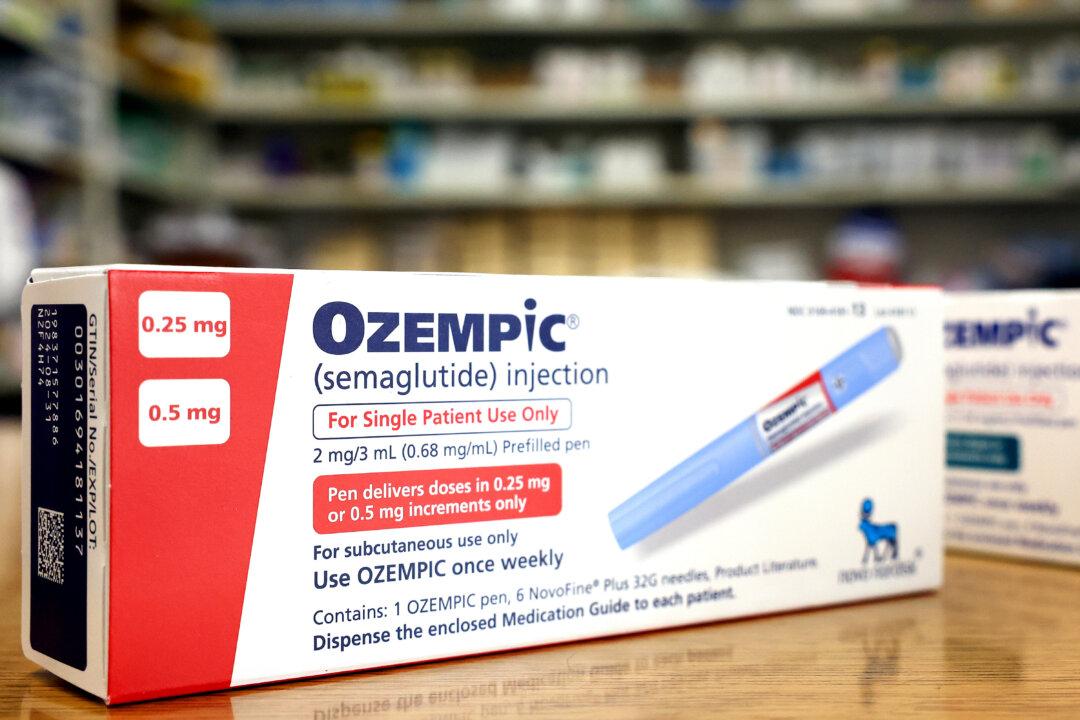The Supreme Court’s pending decision on a key provision in the Affordable Care Act, informally known as Obamacare, could essentially crush the health care law and President Barack Obama’s legacy alike.
Arguments for the case, King v. Burwell, were heard by the Supreme Court on Wednesday. It’s the third time the highest court in the land will rule on an Obamacare provision. Reporter in the Supreme Court noted that the justices were sharply divided, and justices aggressively questioned lawyers on both sides of what Justice Elena Kagan called “this never-ending saga.”
But the case isn’t like the previous two legal challenges. In 2012, the National Federation of Independent Business v. Sebelius resulted in a 5-4 decision to uphold the constitutionality of the individual mandate for most Americans to obtain health insurance, and in 2014, the court ruled against Obamacare’s birth-control coverage rule.





